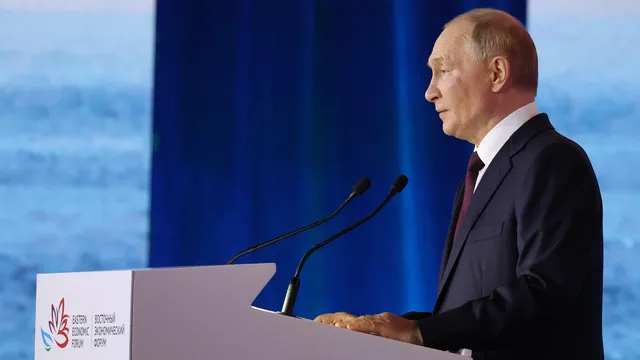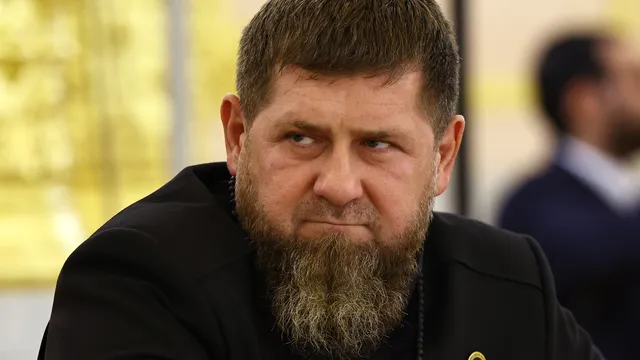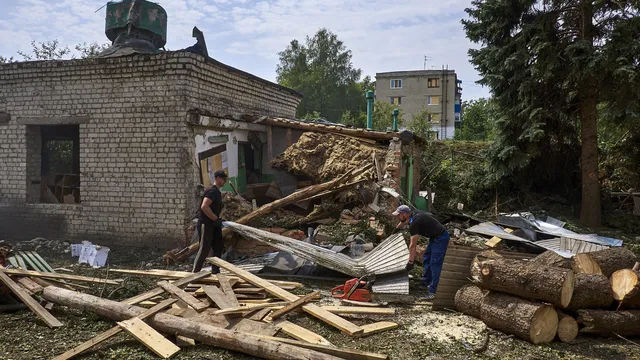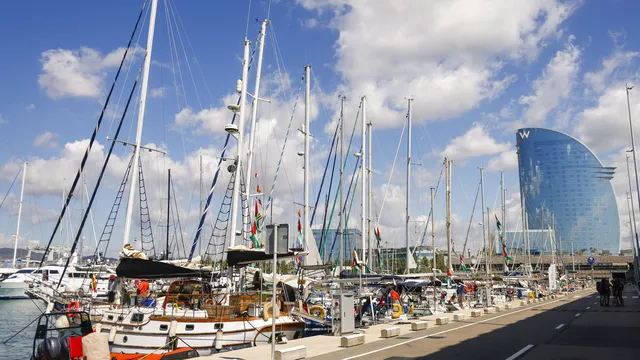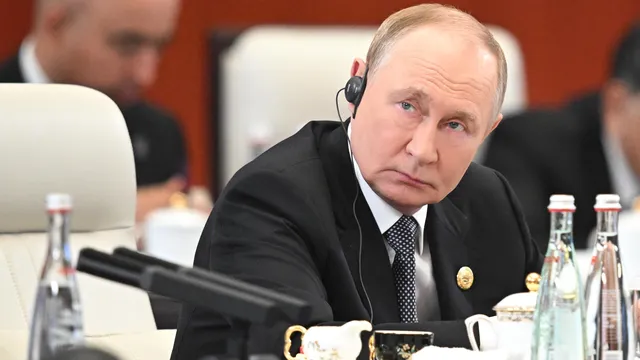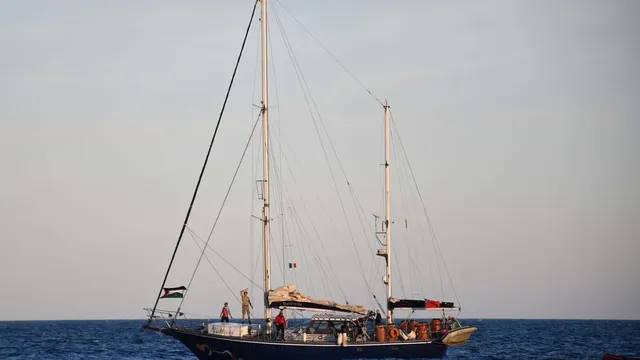Russia and Ukraine accused each other of violating the Easter truce declared by Russian President Vladimir Putin.
Ukrainian President Volodymyr Zelensky said Russian forces continued to shell and attack along the front line despite Putin's surprise ceasefire announcement.
The 30-hour truce, which began on April 19 to mark a religious holiday, would have been the most significant pause in fighting during the three-year conflict.
But Zelensky accused Russia of continuing to attack the front line after the truce began.
The Russian defence ministry in turn said it had "repelled" attempted attacks by Ukraine and accused Kiev of firing drones and shells, leading to civilian casualties.
Today, Zelensky said, quoting Ukrainian commander-in-chief Oleksandr Sirskyi, that "since 10:00 a.m. there has been an increase in Russian shelling and the use of kamikaze drones."
Earlier, he said that in the first six hours of the ceasefire, there had been "387 instances of shelling and 19 attacks by Russian forces," with drones "used by the Russians 290 times."
However, the Ukrainian air force had reported no drone or missile attacks this morning.
AFP journalists heard explosions about a dozen kilometres from the front line in eastern Ukraine.
Ukraine will respond "symmetrically" to any attacks, Zelensky warned, accusing Russia of "trying to create a general impression of a ceasefire" while continuing with isolated attacks.
Russia's defence ministry said that "despite the announced Easter truce, Ukrainian troops overnight made attempts to attack" its positions in the Donetsk region, "which were repelled".
Overnight, it said, Ukraine "shelled our troops' positions 444 times and carried out 900 drone strikes".
As a result of these attacks, "civilians" were killed and wounded, the ministry claimed, without giving details.
It insisted that its troops had "strictly observed the ceasefire and remained on the front line and the positions they previously occupied".
Putin's order to halt all fighting over the Easter weekend came after months of efforts by US President Donald Trump to get Moscow and Kiev to agree a ceasefire.
On April 18, Washington even threatened to pull out of the talks if no progress was made.
Putin announced the truce from 6 p.m. on April 19 until midnight on April 20 in televised comments, saying it was motivated by "humanitarian reasons."
While expecting Ukraine to comply, Putin stressed that Russian troops "must be ready to resist possible ceasefire violations and provocations by the enemy."
Zelensky indicated that Ukraine would follow suit, and suggested extending the truce beyond April 20.
"Russia must fully respect the terms of the ceasefire. Ukraine's proposal to implement and extend the ceasefire for 30 days beyond midnight tonight remains on the table," Zelensky said in a post.
Earlier, he suggested that "30 days may give peace a chance" - while pointing out that Putin has already rejected the offer of a 30-day full and unconditional ceasefire. | BGNES
Russia and Ukraine accuse each other of violating Easter truce
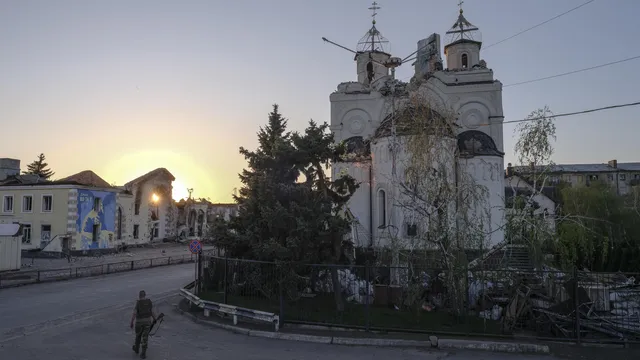
BGNES
Putin's order to halt all fighting over the Easter weekend came after months of efforts by US President Donald Trump to get Moscow and Kiev to agree to a ceasefire.


 Breaking news
Breaking news
 Europe
Europe
 Bulgaria
Bulgaria
